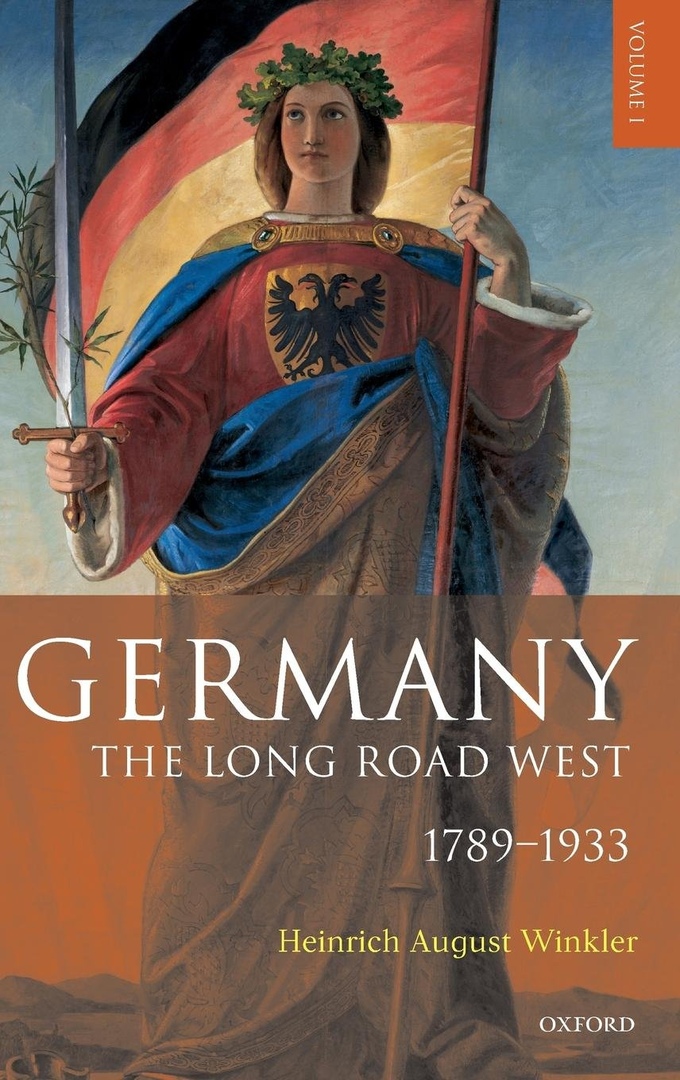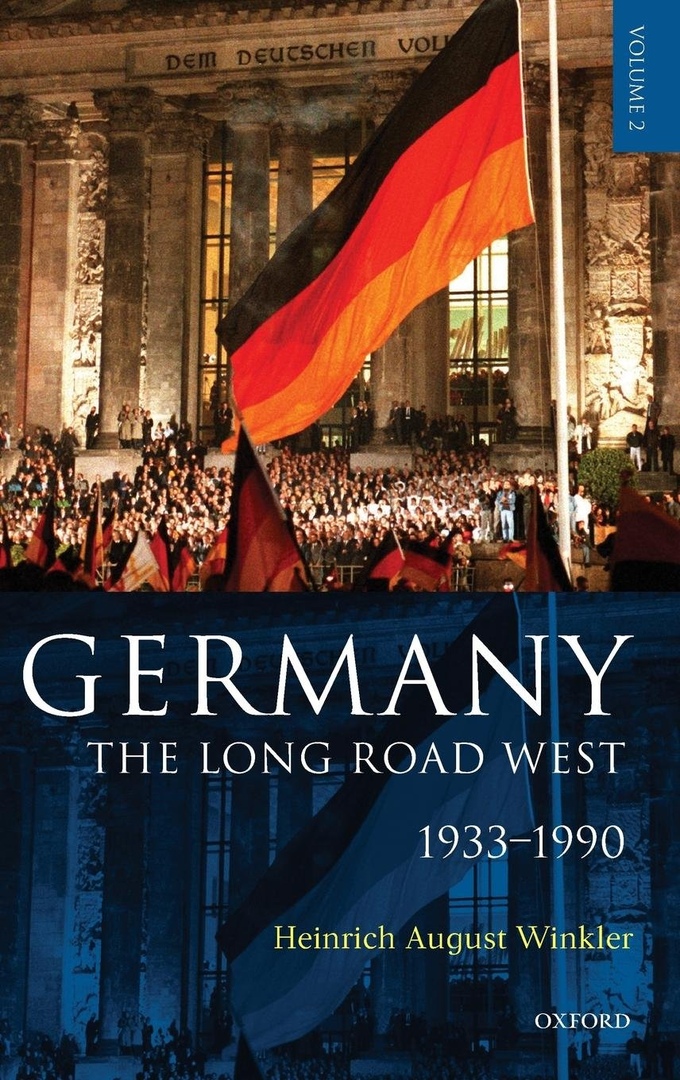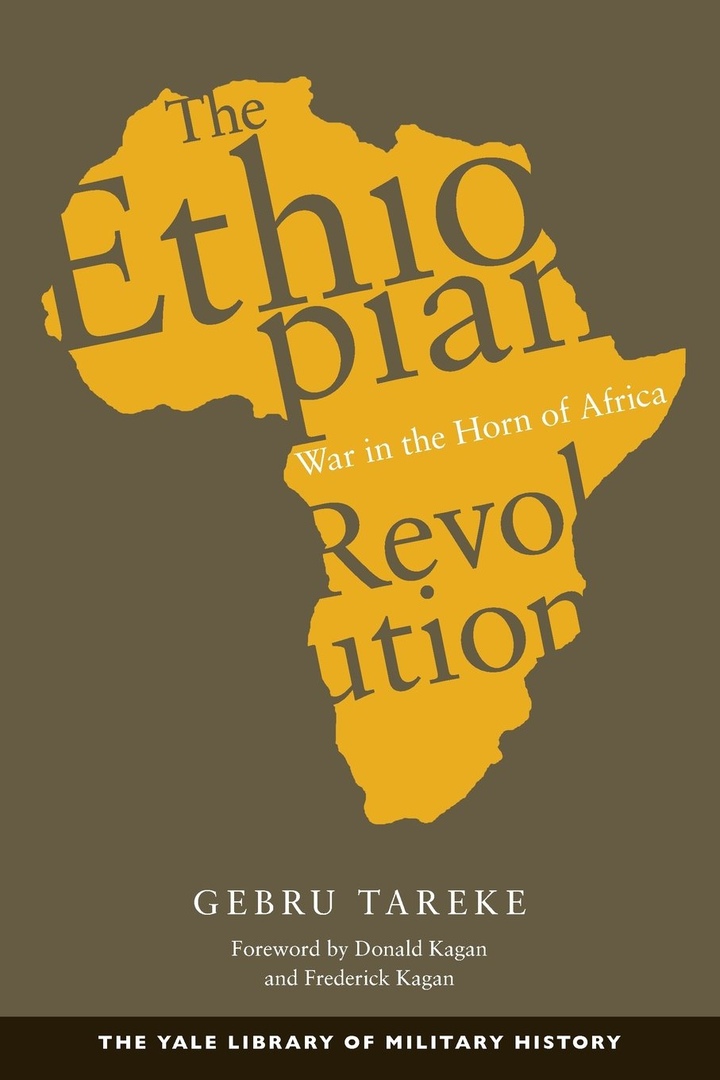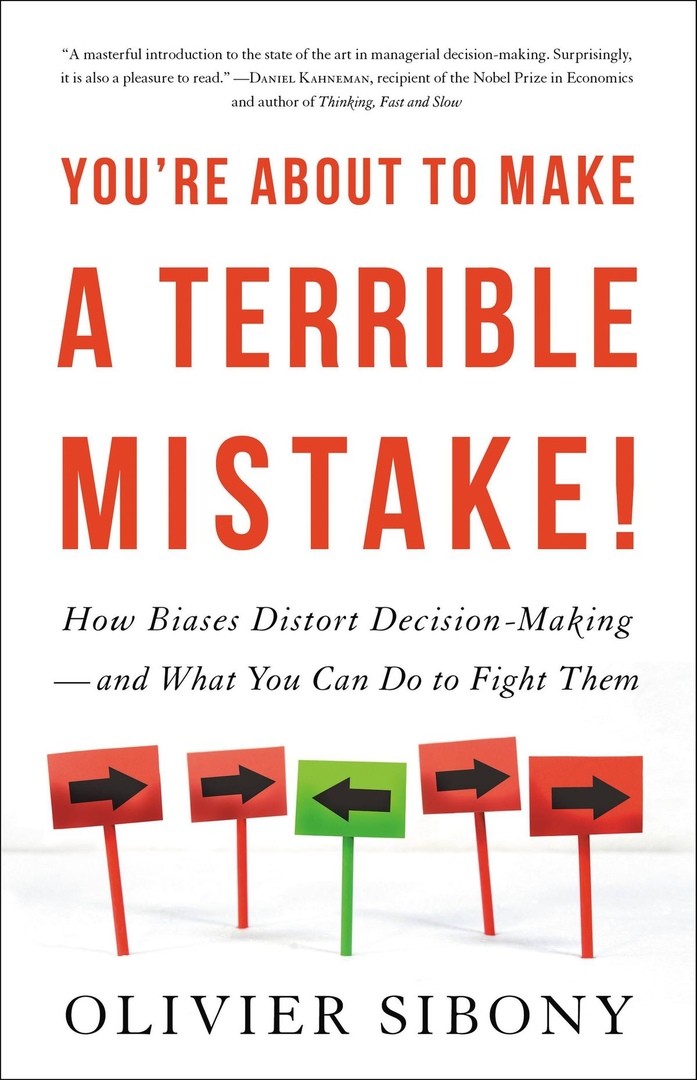Germany: The Long Road West: Volume
1) Germany: The Long Road West: Volume 1: 1789-1933 – H. A. Winkler (Author), Alexander Sager (Translator)
Oxford University Press | 2006 | PDF
Vivid, succinct, and highly accessible, Heinrich Winkler’s magisterial history of modern Germany offers the history of a nation and its people through two turbulent centuries. It is the story of a country that, while always culturally identified with the West, long resisted the political trajectories of its neighbours.
This first volume (of two) begins with the origins and consequences of the medieval myth of the ‘Reich,’ which was to experience a fateful renaissance in the twentieth century, and ends with the collapse of the first German democracy. Winkler offers a brilliant synthesis of complex events and illuminates them with fresh insights. He analyses the decisions that shaped the country’s triumphs and catastrophes, interweaving high politics with telling vignettes about the German people and their own
self-perception.
With a forthcoming second volume to take the story up to reunification in 1990, Germany: The Long Road West will be welcomed by scholars, students, and anyone wishing to understand this most complex and contradictory of countries.
2) Germany: The Long Road West: Volume 2: 1933-1990 – Heinrich August Winkler
Oxford University Press | 2007 | PDF
This second and final volume begins at the point of the collapse of the first German democracy, and ends with the joining of East and West Germany in the reunification of 1990. Winkler offers a brilliant synthesis of complex events and illuminates them with fresh insights. He analyses the decisions
that shaped the country’s triumphs and catastrophes, interweaving high politics with telling vignettes about the German people and their own self-perception.
The two volumes of Germany: The Long Road West, exploring the history of the German lands from the final days of the Holy Roman Empire to the very first of a reunified state in the late twentieth century, will be welcomed by scholars, students, and anyone wishing to understand a most complex and
contradictory past.
 1 / 2
1 / 2 2 / 2
2 / 2


